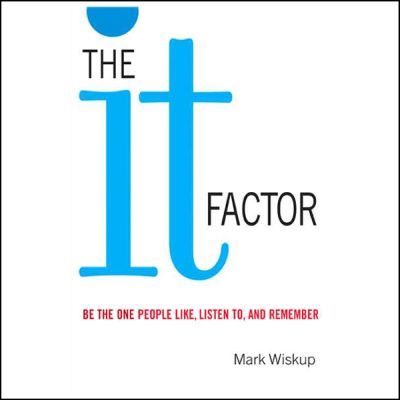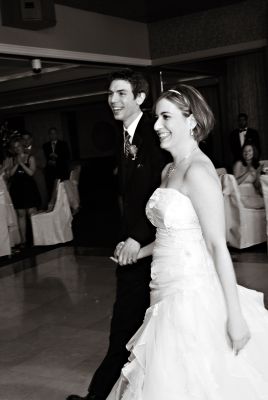I don’t usually promote events here that don’t have a direct link to writing, freelancing, or entrepreneurship, but writing brought me to this odd spot, so I wanted to share.
This coming Friday, July 29, I will be a guest on Late Night with Logan, hosted by sex educator Logan Levkoff. The topic? Oh, the usual. Vibrators. Sex. That kinda thing. The venue? The Trojan Vibrations Truck.
Say what?
Basically, Trojan is going on a truck tour in the style of the city’s popular food trucks, dispensing free Trojan Her Pleasure condoms and Trojan Vibrating Rings while also promoting sexual health awareness. You can read more about it here. Each night, the truck will also become a destination for a late night web talk show, Late Night with Logan. During this talk show, Logan will interview “some of the industry’s greatest visionaries and experts who have helped pave the way for making the conversation around sex and vibrators positive, healthy, and open.” (I’m going to start telling my mom that I’m a visionary.)
I practically squeed when I was invited. I had already seen Logan tweet about the truck tour, and had thought it was a fantastic idea. I myself have been writing about sex for 10 years now, and my initial sex toy reviews have led to a fulfilling career in which I’m able to destigmatize sex issues for my peers using openness, honesty, and humor. I’m thrilled for the chance to participate in something that seems so closely aligned with what I try to do with my writing.
How did I get here? I’ve been doing a lot of work for Ian Kerner and his Good in Bed site lately, and my most recent project was to copyedit Logan’s latest Good in Bed manuscript: How to Get Your Wife to Have Sex with You. (Such a fun — and totally necessary! — book.) She must have found my notes to be helpful because, only a few hours after passing them along, I was contacted about being a guest on her traveling web talk show.
I love how opportunities pop up and surprise me like that!
(In fact, my Good in Bed work came about simply because I’d interviewed Ian for an article in Time Out New York… and he liked what he saw.)
This Friday’s Late Night with Logan taping will take place from 8 – 10 p.m., outside the Williamsburg Waterfront at 93 Kent Ave.
You should visit! Not only will I be there, but the truck will be stationed outside a free concert with guests They Might Be Giants, Patton Oswalt, and Kristen Schaal.
If you can’t make it, though, the show will also be broadcast on the Trojan Facebook page and website following the event.
So tell me: What’s the oddest opportunity your writing has brought you?





 Last week — while in the midst of ghostwriting an ebook, and having just landed another, regular blog ghostwriting gig — I posted about my writerly motivations, and about
Last week — while in the midst of ghostwriting an ebook, and having just landed another, regular blog ghostwriting gig — I posted about my writerly motivations, and about  The
The 

